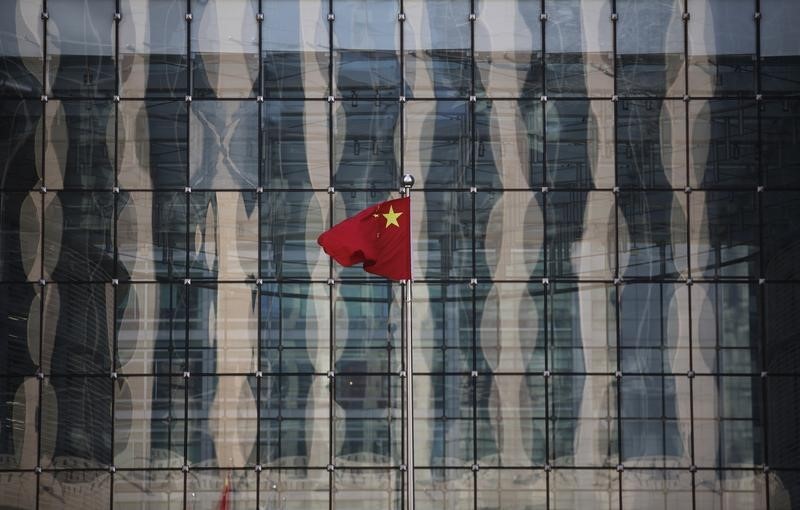Street Calls of the Week
SYDNEY, May 12 (Reuters) - China is conducting extensive espionage against Australia, Australia's most senior defence department official said on Friday, in a rare public accusation against its largest trading partner.
Chinese spying on Australia has been the subject of much speculation by analysts but senior government officials have largely steered clear of making public complaints.
"It is no secret that China is very active in intelligence activities directed against us. It is more than cyber," Dennis Richardson, secretary of the Defence Department, said in a speech in Canberra.
Questions about China's involvement in Australia arose in 2015, with the lease of a commercial and military port in the northern city of Darwin to a Chinese firm said to have close ties to China's military.
The deal sparked a backlash over the security implications and drew a rebuke from U.S. government officials. [ has blocked several notable infrastructure bids made by Chinese companies since then.
While authorities do not release details of their reasons for rejecting bids, Richardson said Chinese spying was a major factor in government decision-making.
Chinese foreign ministry spokesman Geng Shuang said he was not aware of Richardson's comments, but said China would prefer to see Australian officials working to improve cooperation.
"We hope that relevant people on the Australian side can say more things that can benefit the development of China-Australia relations, do more to benefit the deepening of cooperation, and not make irresponsible comments," Geng told a daily news briefing.
Last month, Australia and China agreed that neither country would conduct or support cyber-enabled theft of intellectual property, trade secrets or confidential business information following talks between their leaders.
Australia recently appointed David Irvine, former director of its domestic spy agency, as chairman of its foreign investment advisory committee, which advises on the government on offshore transactions.
Irvine's appointment came a few months after Australia created an infrastructure body that will, among other functions, check whether foreign-led bids for key assets, including power grids and ports, could pose any national security risks. said China's covert activity in Australia extended into the ethnic Chinese community and media.
"The Chinese government keeps a watchful eye inside Australian Chinese communities and effectively controls some Chinese-language media in Australia," said Richardson.
